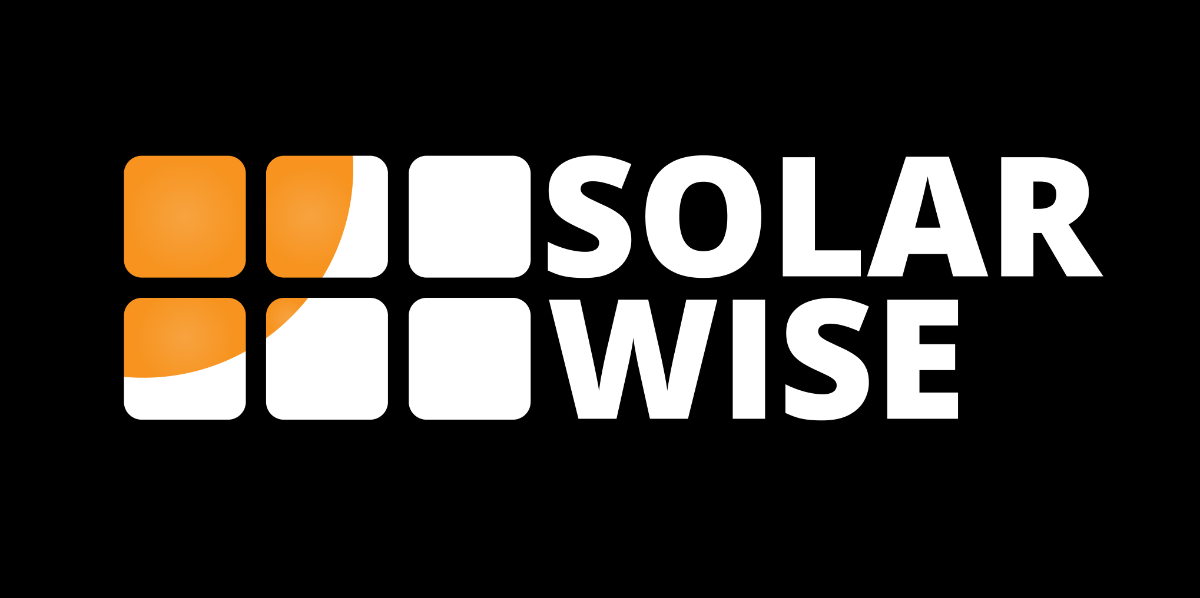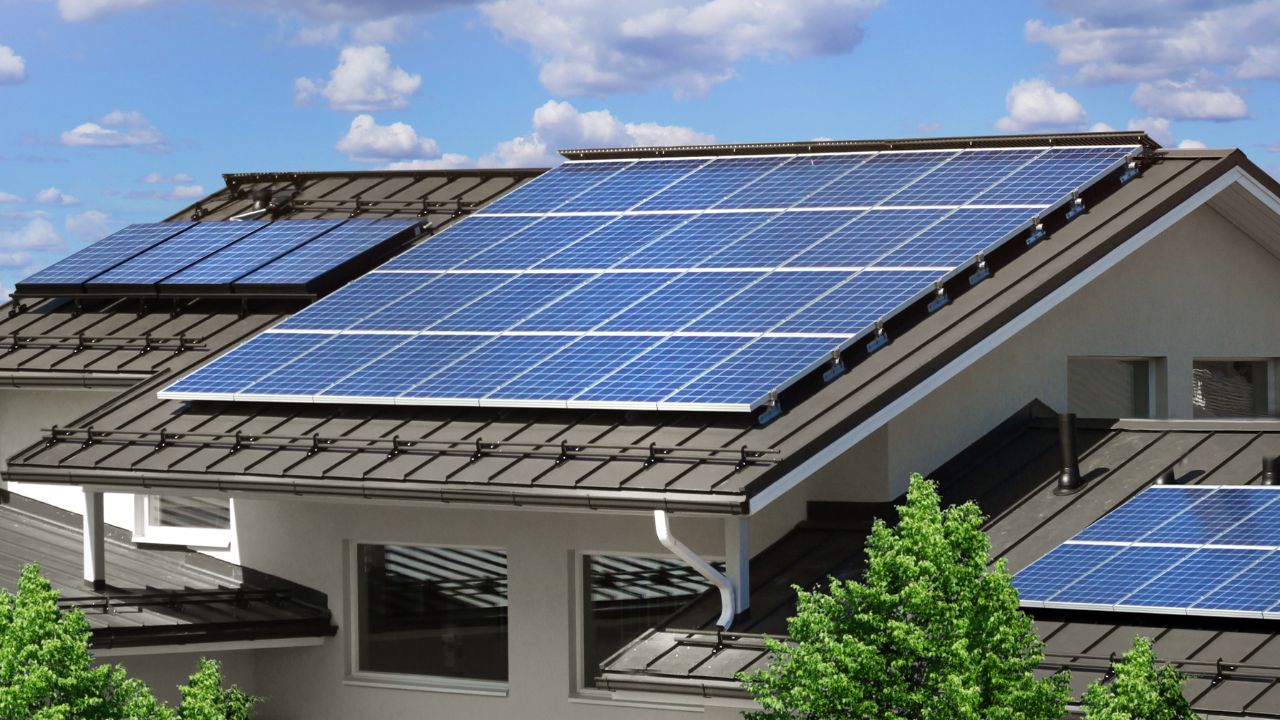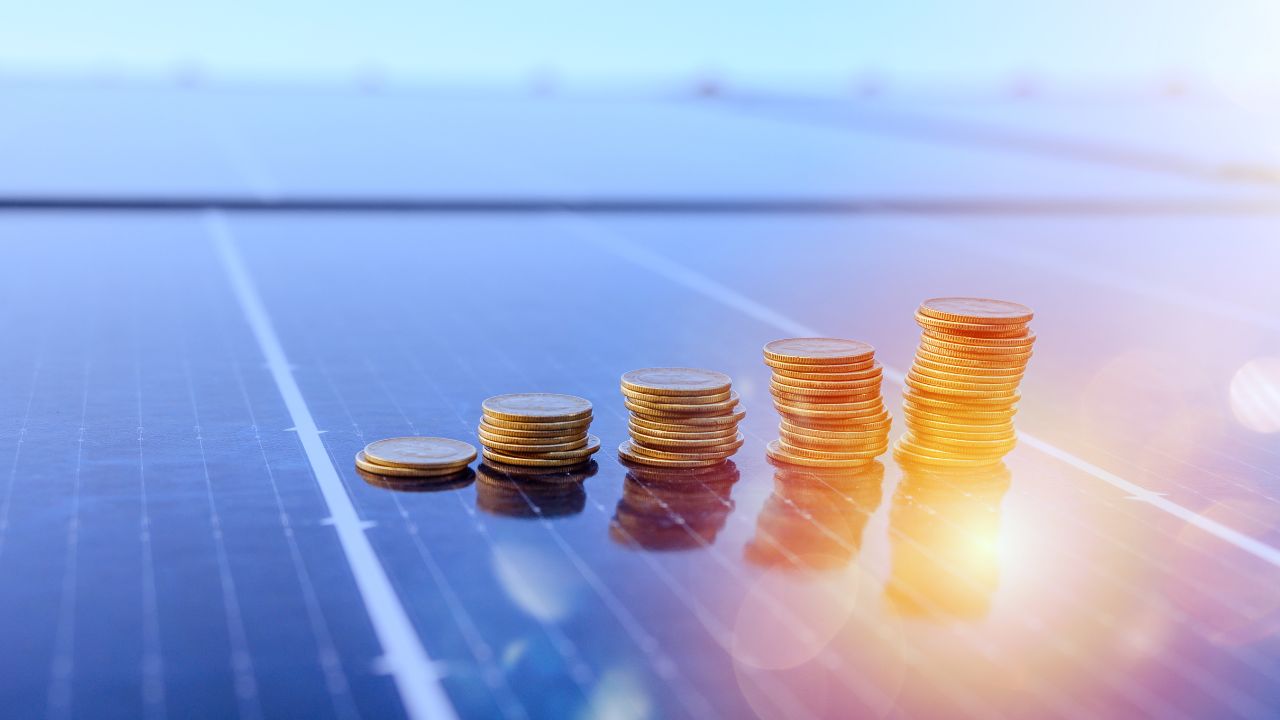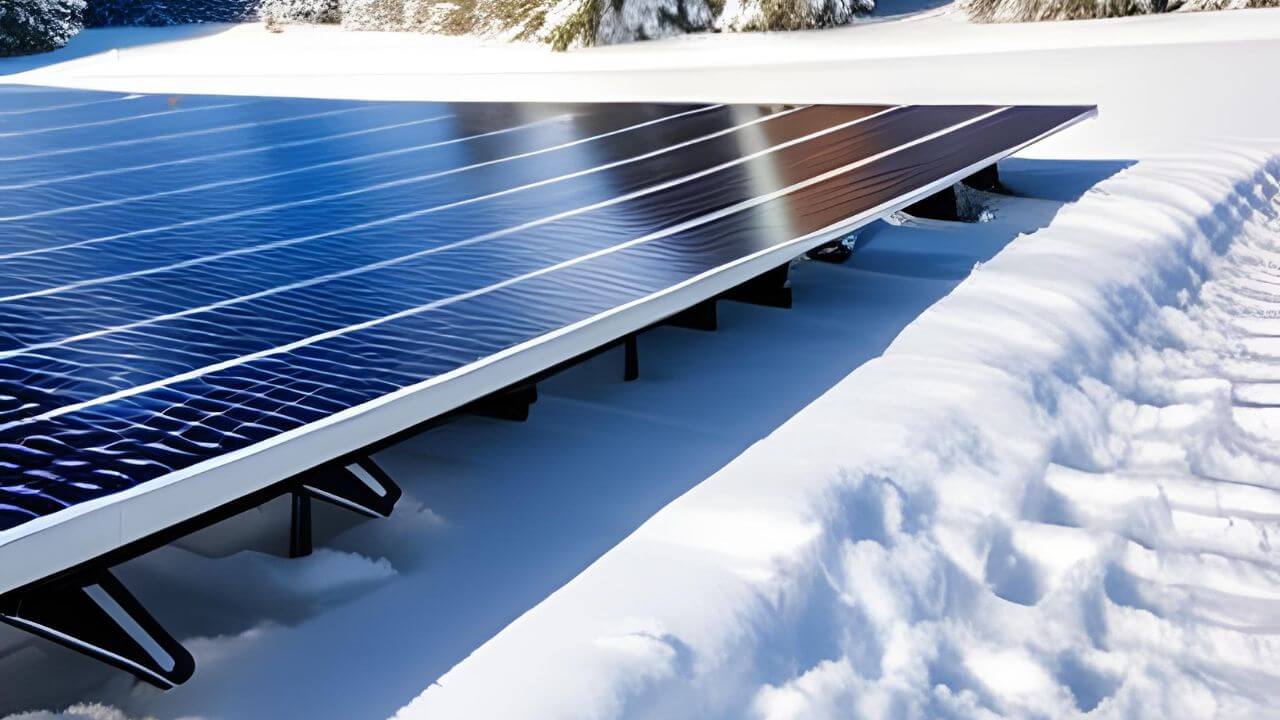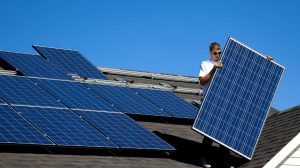The surge in embracing solar panels as a tool for harnessing the sun’s energy for sustainable and clean power has been notable. Amid escalating apprehensions regarding climate change and environmental degradation, many people view solar energy as a viable alternative to traditional energy resources. A fundamental question for individuals pondering the shift to solar energy is: What is the duration before solar panels offset their initial investments? In this writing, we aim to dissect the components that dictate the recuperation time for solar panel investments, guiding to help you ascertain if solar energy is a prudent investment for your home.
Factors Affecting Solar Panel Payback Period
When contemplating pouring resources into solar panels, it’s imperative to understand the determinants that dictate the duration necessary for them to recuperate their initial expenditure, a term frequently referred to as the recuperation time. These determinants can greatly vary, contingent upon your personal circumstances.
- Begin by evaluating the initial costs, encompassing the solar panels’ price, installation-related expenses, and additional equipment costs, such as inverters. The total cost hinges on aspects like the panels’ quality and efficiency, as well as the intricacy of the installation process.
- The efficiency of solar panels is also essential, as higher-efficiency panels generate more electricity, thus shortening the payback period. Over the years, panels might experience degradation, impacting their performance.
- Government incentives, including tax credits and rebates, can assist in lowering the overall cost of your solar system, consequently reducing the payback period. Assessing your energy consumption is crucial, too, as higher usage could lead to more substantial savings.
- Finally, your location and climate will affect the payback period since solar panels yield better results in sunnier areas and under ideal installation conditions. By comprehending these factors, you’ll be better equipped to decide well on solar energy investment.
Calculating the Solar Panel Payback Period
Identifying the recuperation time for solar panels is central in evaluating whether venturing into solar energy is a judicious move for you. This time frame signifies the period the solar power system needs to generate enough savings on your electricity dues, counterbalancing the primary financial outlay. To calculate this, a variety of elements must be considered.
First, calculate your solar setup’s overall expenses, including solar panels, installation, and extra equipment such as inverters. Then, ascertain the energy output of your solar panels and the savings on your electricity bills. Remember, aspects like energy usage, utility rates, and solar panel efficiency significantly impact these figures.
After gathering this data, divide the total expenses by the yearly savings on your electricity bills. The resulting figure will indicate the years needed to reach the break-even point. Remember that this is a rough estimate, and individual situations may differ. Conduct thorough research and consider your specific circumstances when determining the payback period for your solar energy system.
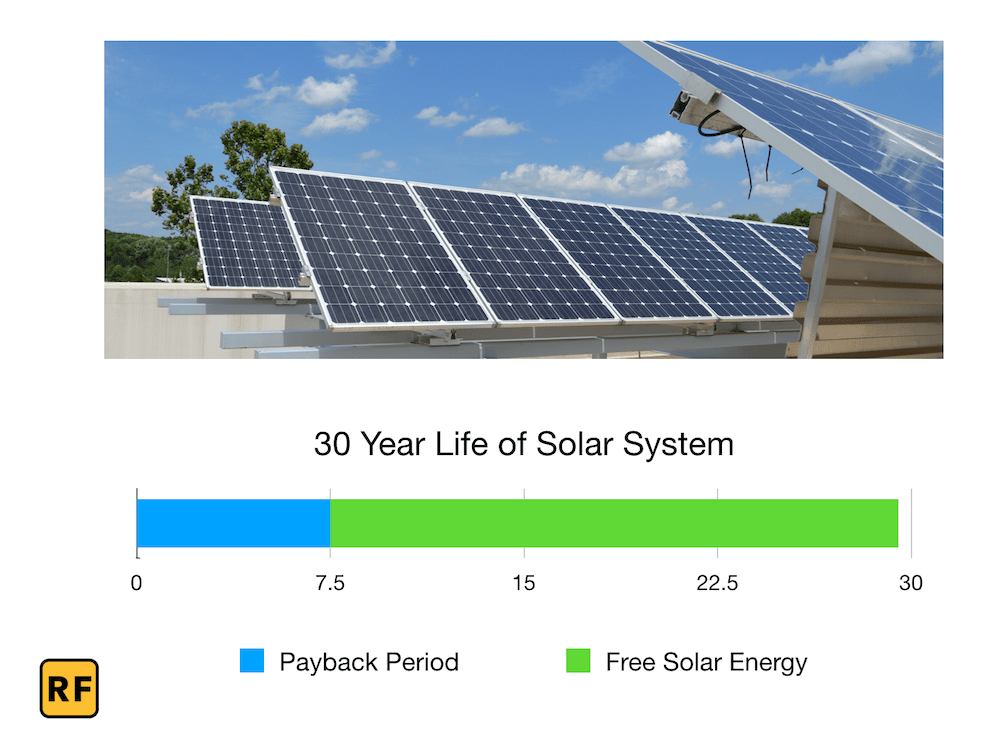
Credit: robfreeman.com
Maximizing the Return on Investment (ROI)
To truly harness the benefits of your solar energy setup, it’s essential to focus on maximizing your return on investment (ROI). This entails ensuring that the funds you pour into the system translate into the greatest energy savings over its lifespan. Here’s a guide to help you achieve this:
- Choose Premium Solar Panels: Opt for high-quality panels from reputable brands. They might come with a steeper upfront cost, but their prolonged warranties and superior performance often mean more savings in the long haul.
- Prioritize Expert Installation and Upkeep: Partner with a trusted professional to install your solar setup. Consistent maintenance, such as cleaning and regular checks, can uphold the system’s efficiency and prolong its service life.
- Monitor Your System’s Output: Keep an eye on how much electricity your solar setup produces. Monitoring tools can help spot issues early, preventing them from becoming costly setbacks.
- Take Advantage of Financial Aids: Don’t forget to tap into available government incentives or grants. These can significantly cut down your system’s initial expenses, shortening the time it takes to recoup your investment and enhancing your ROI.
Is it worth getting a battery with solar panels, keeping in return in mind?
A battery can make a big difference in your solar panel installation for a variety of compelling reasons.
Firstly, imagine freedom and peace of mind with a personal energy reservoir in your home. A battery ensures that the surplus energy generated during the sunny hours is not lost but saved for later use. This means you have a self-sufficient energy reserve to rely on, even during a cloudy day or night. It helps create a seamless, uninterrupted power supply, safeguarding you against power outages and fluctuations.
Secondly, integrating a battery with your solar panels can financially pay off in the long run. You’ll be less dependent on the grid, which often translates to lower utility bills. In some regions, you can sell excess energy to the grid, making your home a little profit center.
Furthermore, this setup is a nod to environmental consciousness. By optimizing the use of clean, renewable energy, you are actively reducing your carbon footprint, promoting a healthier planet.
So, in return on investment terms, a battery offers financial savings, ensures energy reliability, and contributes towards a greener future. It adds an exciting layer of independence and foresight to your solar installation, making it a worthy consideration for any homeowner stepping into the renewable energy landscape.
Wrapping It Up
At its core, the economic feasibility of solar panels is influenced by a myriad of factors, each playing a pivotal role in determining how quickly the investment pays off. Assessing initial costs, panel efficiency, government incentives, energy use habits, and even regional climate and location can provide a clearer picture of the returns one might expect from solar energy.
Remember, individual situations can differ significantly. Therefore, it’s crucial to delve into the unique details of each case when deciding. Solar energy not only supports a cleaner planet but also offers lasting financial benefits and self-sufficiency in energy.
Solar power stands out as a beacon of hope as we grapple with pressing climate change issues. By comprehending the myriad elements that influence the payback period and evaluating your circumstances, you’re better poised to champion solar energy, setting the stage for a brighter, more eco-friendly future.
